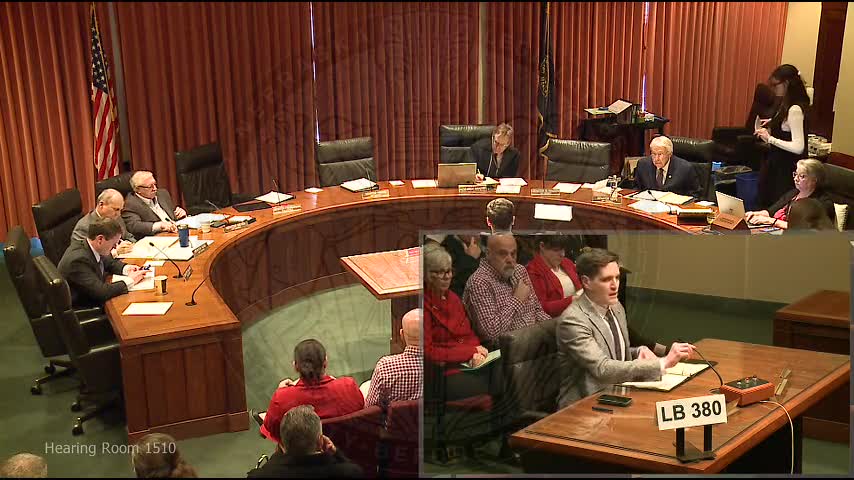Article not found
This article is no longer available. But don't worry—we've gathered other articles that discuss the same topic.
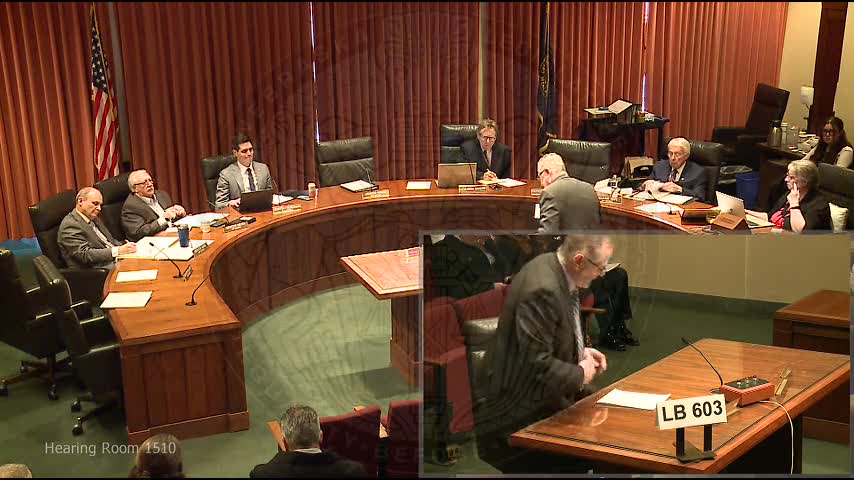
Committee hears bill to restore voluntary sliding fee for area agencies on aging care management
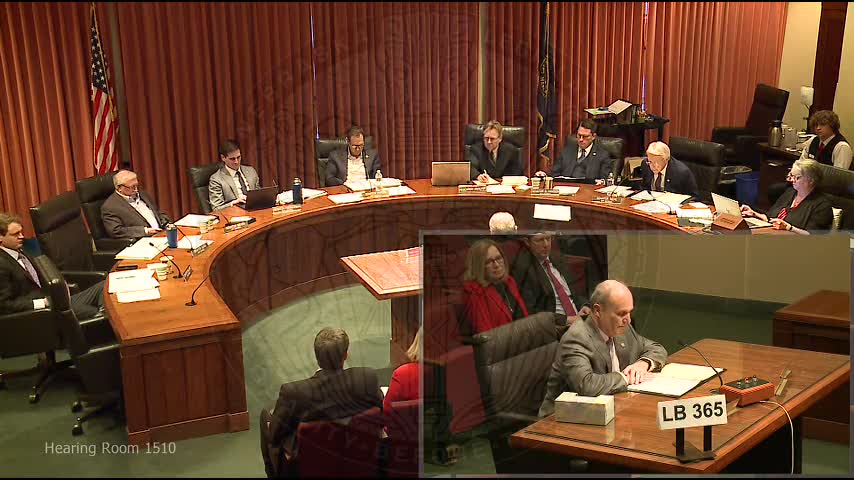
Committee hears bill to codify Medicaid coverage for home blood-pressure devices and clinical support
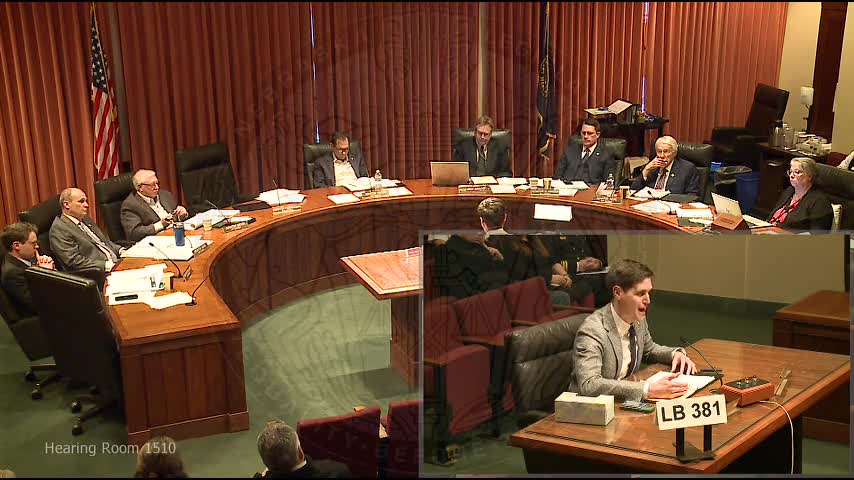
Cities, fire departments back bill to let Nebraska draw federal GEMT funds for ambulance costs
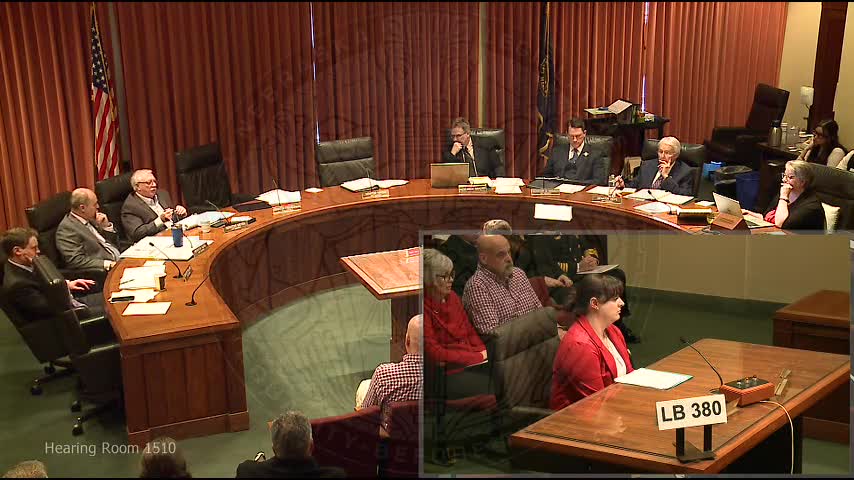
Providers urge limits on managed-care audits and clawbacks; A.G. and DHHS warn of fraud-investigation constraints
